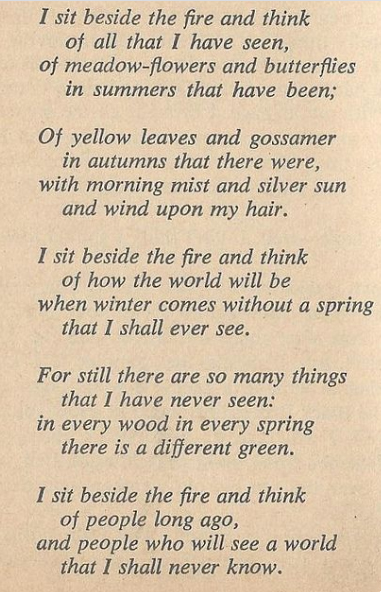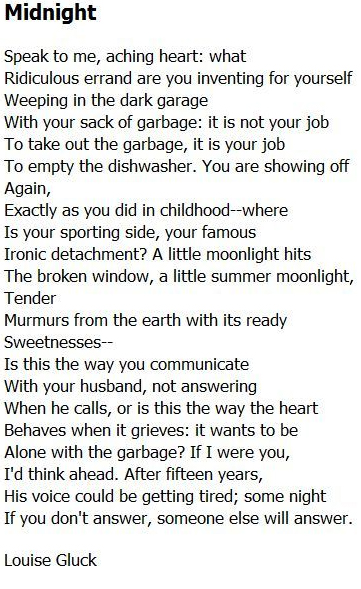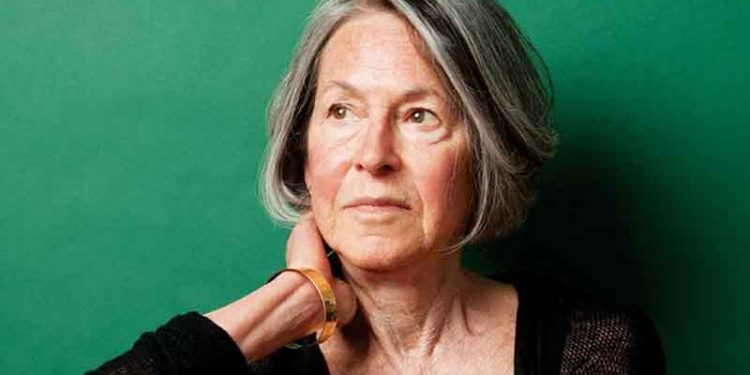Stockholm: American poet Louise Glück won Thursday the Nobel Prize in Literature for her ‘candid and uncompromising’. Louise Glück thus became the first US person to win the Nobel Prize in Literature since Bob Dylan did so in 2016.
The Nobel Committee praised the Glück ‘for her unmistakable poetic voice that with austere beauty makes individual existence universal’. The prize was announced here by Mats Malm, the permanent secretary of the Swedish Academy.
New York-born Glück, 77 is a professor of English at Yale University. She made her debut in 1968 with ‘Firstborn’. She ‘was soon acclaimed as one of the most prominent poets in American contemporary literature’, the Nobel Academy said.

Anders Olsson, chairman of the Nobel literature committee, said Glück’s 12 collections of poetry were ‘characterised by striving for clarity’.
They include ‘Descending Figure’, ‘The Triumph of Achilles’ and ‘Ararat’. Olsson said her verses, which often draw on classical influences and examine family life, were marked by an ‘austere but also playful intelligence and a refined sense of composition’. He said her voice was ‘candid and uncompromising’ and often marked by biting wit. The committee noted her 2006 collection ‘Averno’, and called it ‘masterly’.
Glück is the recipient of many awards, including ‘Guggenheim’ and ‘National Endowment for the Arts’. She has also won the American ‘Academy of Arts and Letters Gold Medal in Poetry’ and the ‘National Humanities Medal’.
The award in literature includes a 10 million kronor (more than USD 1.1 million) prize. It comes after several years of controversy and scandal for the world’s preeminent literary accolade.

In 2018, the award was postponed after sex abuse allegations rocked the Swedish Academy. It is the secretive body which chooses the winners of the literature prize, and sparked a mass exodus of members.
The academy revamped itself in a bid to regain the trust of the Nobel Foundation. Two laureates were named last year, with the 2018 prize going to Poland’s Olga Tokarczuk and the 2019 award to Austria’s Peter Handke.
But Handke’s prize caused a storm of protest: A strong supporter of the Serbs during the 1990s Balkan wars, he has been called an apologist for Serbian war crimes. Several countries including Albania, Bosnia and Turkey boycotted the Nobel awards ceremony in protest.
Earlier Monday, the Nobel Committee awarded the prize for physiology and medicine for discovering the liver-ravaging hepatitis C virus. Tuesday’s prize for physics honored breakthroughs in understanding the mysteries of cosmic black holes. The chemistry prize Wednesday went to scientists behind a powerful gene-editing tool.
Still to come are prizes for outstanding work in the fields of peace and economics.







































